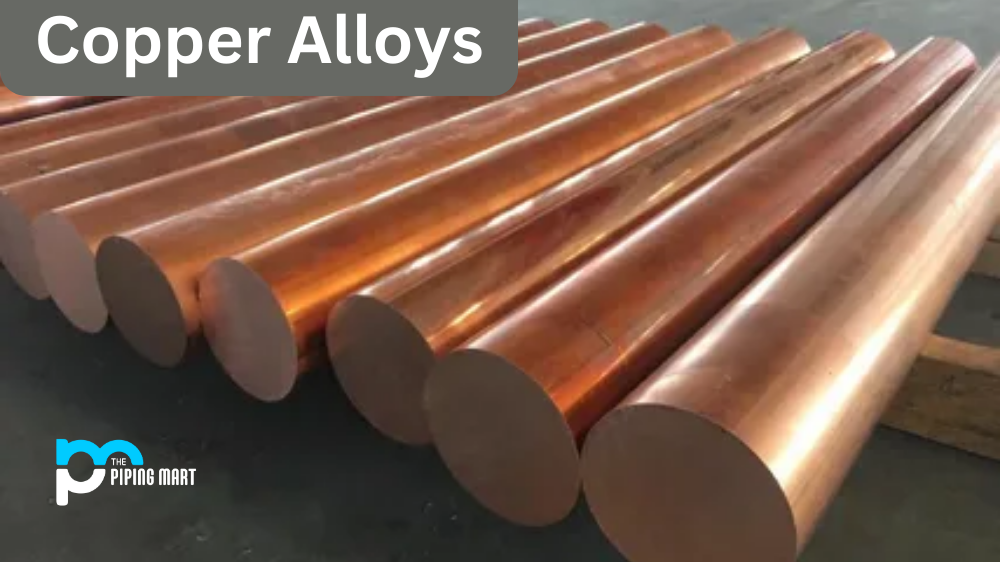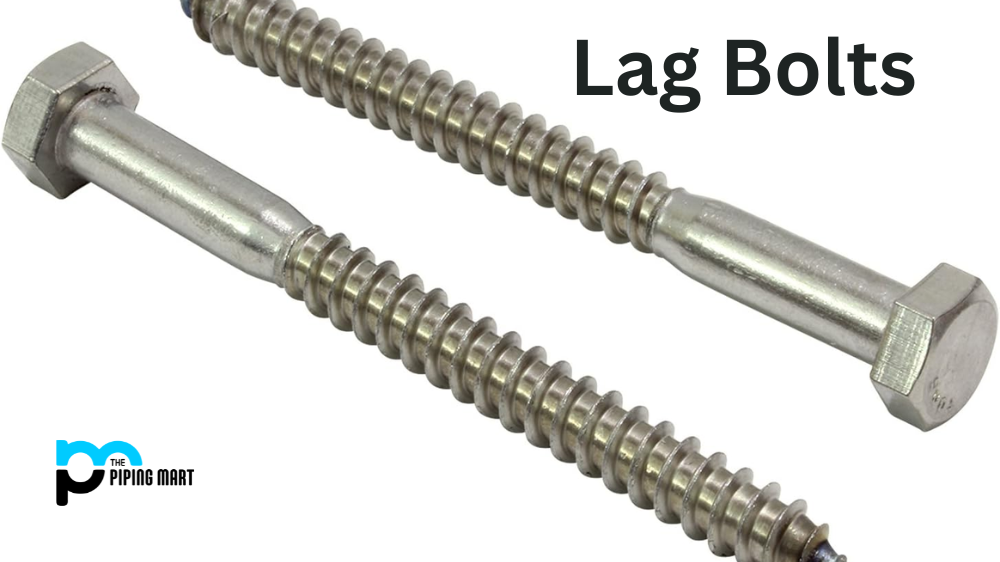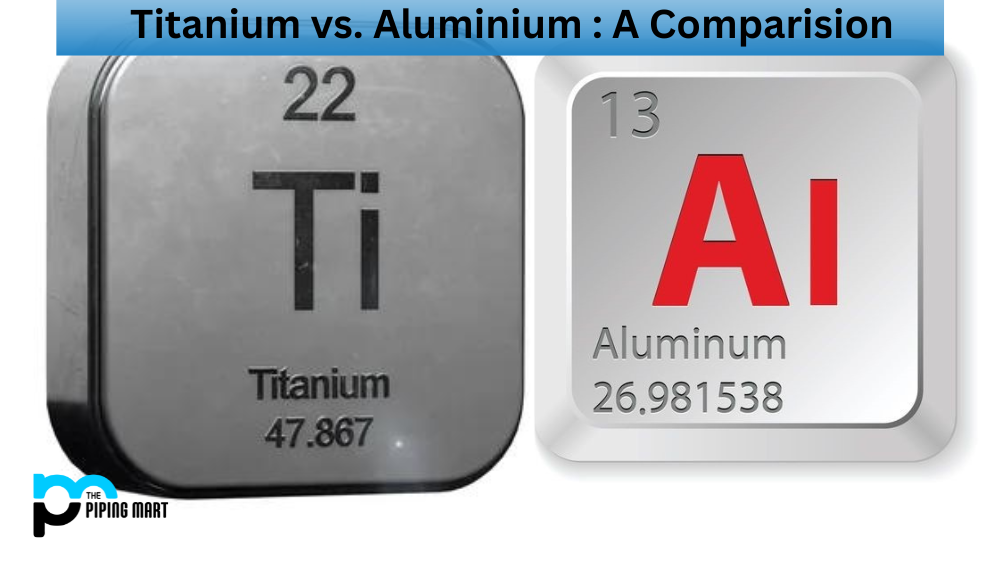Copper alloys are some of the world’s most versatile and widely used materials today. They are often used in various applications, from electrical wiring to plumbing, construction, and even medical devices. There are many advantages of copper alloys, but some limitations must be considered. In this blog post, we explore copper alloys’ applications, advantages, and limitations.
What is Copper Alloys?
One of the most significant advantages of copper alloys is their versatility. By varying the composition and proportions of other elements, such as zinc, tin, or lead, different types can be created to suit specific applications. For example, brass is a popular alloy made by mixing copper and zinc in varying proportions depending on its intended use. This allows manufacturers to create products with unique properties such as high strength, corrosion resistance, electrical conductivity, and aesthetic appeal.
Copper alloys are widely used in various industries due to their desirable traits. They are commonly found in electrical wiring due to their excellent conductivity properties. Bronze is often used in construction for its durability under extreme weather conditions and its ability to retain its shape even when exposed to high temperatures. Additionally, these alloys have antibacterial properties, making them ideal for use in medical equipment.
Furthermore, copper alloys have a low melting point, making them easy to cast into intricate shapes without compromising their structural integrity. This makes them preferred for creating complex components like gears or bearings that require strength and malleability.
Applications, Advantages, and Limitations of Copper Alloys
Applications of Copper Alloys:
Copper alloys are primarily used in applications requiring a combination of high strength, ductility, and corrosion resistance. One of the most common applications of copper alloys is in electrical wiring. Copper is an excellent conductor of electricity, and its alloys are used to manufacture electrical wiring, transformers, and other electrical components. Copper alloys are also used in plumbing, where their excellent corrosion resistance provides a long service life in water supply and drainage systems.
Copper alloys are also widely used in construction, where their strength, durability, and ability to withstand harsh environmental conditions make them an ideal choice for roofs, gutters, cladding, and architectural features. Another important application of copper alloys is in medical devices, where their excellent biocompatibility makes them ideal for use in implants, prosthetics, and other medical devices.
Advantages of Copper Alloys:
Copper alloys have several unique advantages, making them the ideal choice for various applications. One of the main advantages of copper alloys is their high electrical conductivity. Copper is an excellent conductor of electricity, and its alloys are widely used in electrical applications where high conductivity is required.
Copper alloys are also highly ductile, meaning they can be easily formed into different shapes and sizes without breaking. This makes them an ideal choice for applications such as plumbing and construction, where they can be easily formed into pipes, fittings, and other components.
Another advantage of copper alloys is their excellent corrosion resistance. Copper alloys are highly resistant to corrosion, making them an ideal choice for applications exposed to harsh environmental conditions, such as marine environments.
Limitations of Copper Alloys:
While copper alloys have several advantages, some limitations must be considered when selecting them for an application. One of the main limitations of copper alloys is their susceptibility to stress corrosion cracking (SCC). SCC is a type of corrosion that occurs when a metal is exposed to tensile stress and a corrosive environment.
Copper alloys are also prone to dezincification, a form of corrosion that occurs when the zinc in the alloy is selectively removed, leaving a porous and weakened cross-section. Dezincification can occur in environments such as hot water systems, leading to leaks and failures in plumbing systems.
Conclusion:
Copper alloys are some of the most versatile and widely used materials today, with applications in everything from electrical wiring to medical devices. The advantages of copper alloys, including their high electrical conductivity, ductility, and corrosion resistance, make them an ideal choice for various applications. However, some limitations are also to consider, including their susceptibility to stress corrosion cracking and dezincification.
When selecting copper alloys for an application, it is important to carefully consider their properties and limitations to ensure they are the right choice. By doing so, you can take advantage of the many benefits copper alloys offer while avoiding potential problems and failures.
Sakshee is a talented blogger, with a particular focus on the Business and Metal Industry. She is passionate about sharing her insights on various metal products and helping professionals to make a better decisions.




